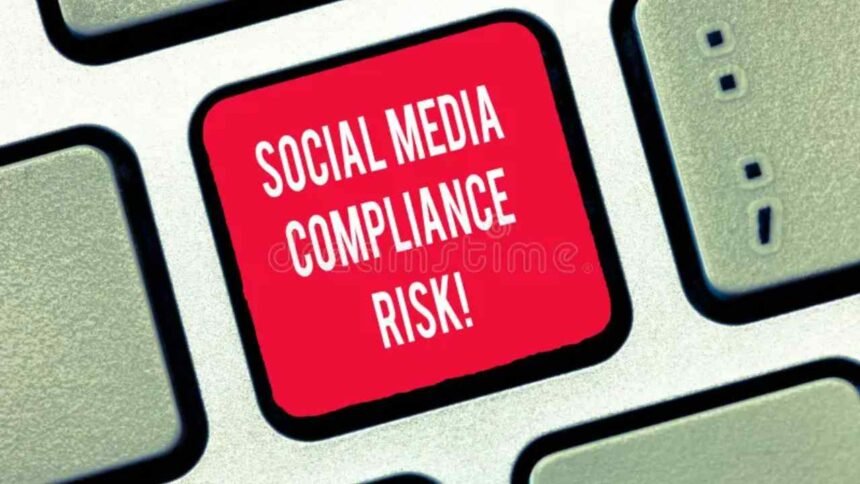Social Media Safety Tips to Stay Smart Online
Social media safety tips are more than just advice they are essential practices in today’s connected world. Platforms like Facebook, Instagram, TikTok, and LinkedIn bring people together and open opportunities, but they also expose us to privacy risks, scams, and emotional challenges. By following practical safety strategies, you can enjoy the benefits of social media while protecting yourself.
1. Strengthen Your Privacy Settings
One of the most important social media safety tips is adjusting privacy controls. Limit who can view your posts, tag you, or message you. Every platform offers options to restrict access. By fine-tuning these settings, you reduce the chances of strangers misusing your personal information.
2. Use Strong and Unique Passwords
Weak or repeated passwords make it easy for hackers to gain access. Create unique, complex passwords for each platform using a combination of letters, numbers, and symbols. A password manager can help you organize and secure them without relying on memory.
3. Enable Two-Factor Authentication (2FA)
Two-factor authentication provides an added layer of security. Even if someone discovers your password, they cannot log in without a secondary code sent to your device. It’s one of the simplest yet most effective ways to prevent unauthorized access.
Authenticator apps are generally safer than SMS codes, since text messages can be intercepted through SIM-swapping attacks. Security keys, though less common, provide the strongest defense by requiring physical access to the key itself.
Enabling 2FA also helps reduce the risk of unauthorized access when you log in from public Wi-Fi networks or shared devices. Even if your password is leaked in a data breach, 2FA keeps attackers locked out.
4. Watch Out for Scams
Another vital point in social media safety tips is recognizing scams. Cybercriminals often use fake profiles, phishing links, or too-good-to-be-true giveaways. Always pause before clicking and verify accounts before engaging. Staying alert helps protect both your money and your identity.
5. Share with Caution
Oversharing personal details, like travel plans or financial updates, increases risk. Once posted, content can spread beyond your control even if deleted later. A smart approach is to ask yourself “Would I be comfortable if this became public?”
6. Verify Information Before Sharing
Misinformation spreads quickly on social platforms. Double-check posts and headlines with reliable news sources before reposting. Sharing responsibly protects your reputation and helps curb the spread of false information.
7. Care for Your Mental Health
Part of practicing social media safety tips is safeguarding your mental well-being. Excessive scrolling or comparing yourself to others can create stress. Set screen-time limits, follow uplifting accounts, and take breaks. These small habits promote digital wellness.
8. Keep Apps and Devices Updated
Outdated software often has security flaws. Enable automatic updates for apps, browsers, and operating systems to stay protected. Regular updates strengthen your defense against cyber threats without extra effort.
9. Curate Your Online Space
The accounts you follow shape your digital environment. Choose positive, inspiring, and educational voices while unfollowing sources of negativity or misinformation. A curated feed protects your peace of mind and improves your overall online experience.
10. Educate and Empower Others
Social media safety tips work best when shared. Talk to friends and family about online risks, scams, and protective tools. When everyone practices safer habits, the entire community benefits.
You can start small help a parent set up two-factor authentication, or show a friend how to spot phishing messages. Schools, workplaces, and community groups also benefit from digital safety discussions, since younger users and less tech-savvy individuals are often targeted first.
Another powerful step is promoting responsible online behavior. Remind others not to overshare personal details, to fact-check before reposting, and to use strong, unique passwords. When safe practices spread through a community, the overall risk goes down.
Why Social Media Safety Tips Matter
Social media plays a huge role in how we connect, learn, and work. But without safety practices, it can also lead to identity theft, cyberbullying, or mental strain. Applying consistent habits makes a major difference. These safety tips give you the tools to use platforms confidently and responsibly.
By following social media safety tips, you control how you interact with the digital world. Simple actions like stronger passwords, cautious sharing, and prioritizing wellness allow you to enjoy everything social media offers while staying secure, informed, and confident online.






